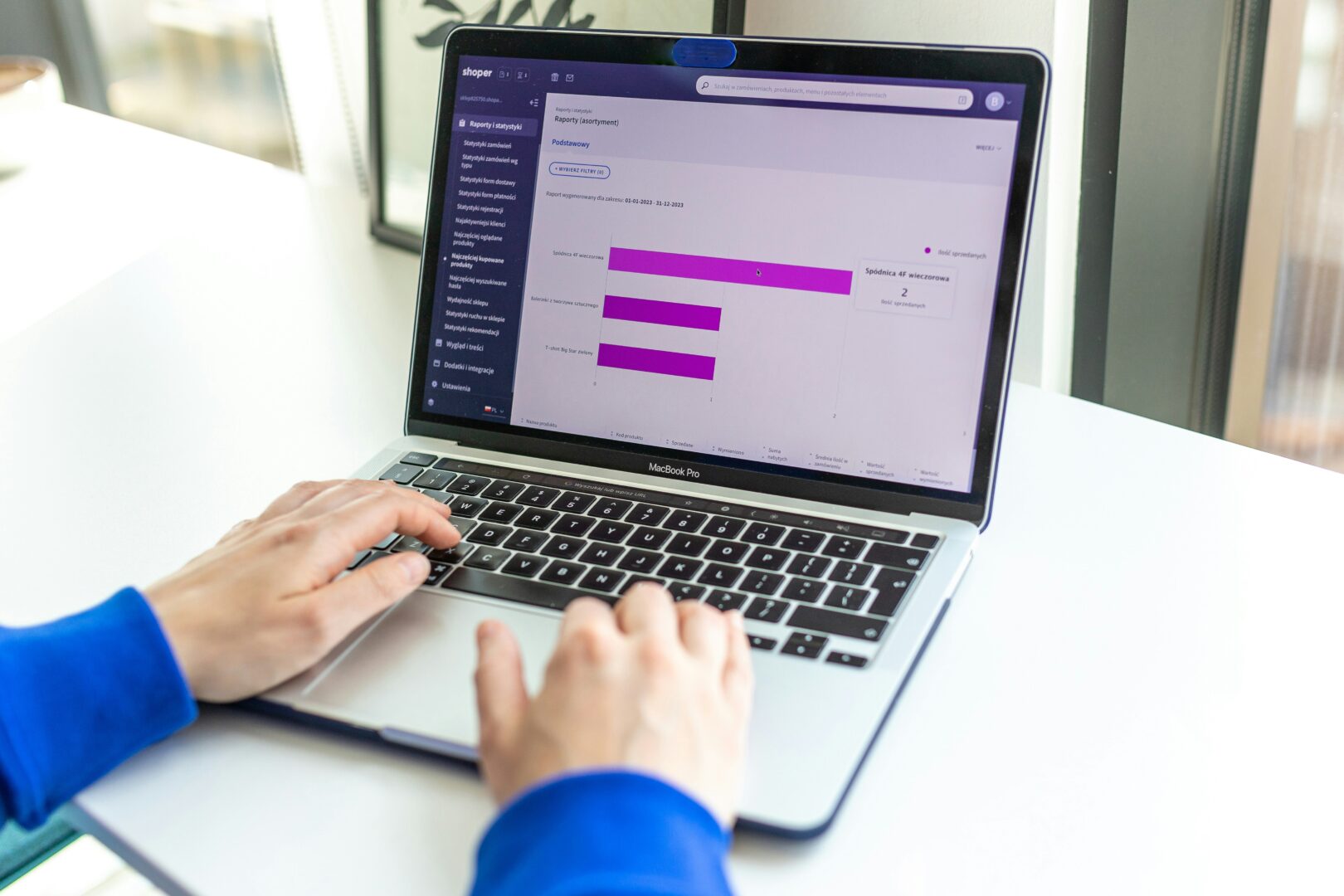From January 2025, online platforms such as eBay, Airbnb, and Just Eat will start reporting sales data and personal information to HM Revenue and Customs (HMRC). This change applies to those selling over 30 items, earning approximately £1,700 (€2,000), or providing paid services in 2024.
Sellers meeting these thresholds will receive notifications from platforms about the data shared. For casual sellers, such as those decluttering personal items, there is no tax liability unless their activity is classified as trading.
The reporting system aims to create clarity without imposing new tax rules. For those only selling unwanted items, nothing will change.
Who Should Pay Attention To These Changes?
Those earning income from activities like reselling, making goods for sale, or providing services on digital platforms may need to meet tax requirements. If total income from such activities exceeds £1,000 before expenses, registration for Self Assessment may be required.
For casual sellers, these rules do not apply unless they cross into trading. Trading involves intentionally earning profit through regular sales or services, such as property rentals or delivery driving.
Individuals unsure of their tax status can use HMRC tools to evaluate their circumstances. These tools guide sellers in determining if their income qualifies for taxation.
Does A Notification Mean Paying Tax?
Receiving a notification from a platform does not automatically mean the person owes tax. The notification indicates data sharing under the new rules but does not assess the seller’s tax obligations.
It is up to individuals to evaluate their activities. Selling for profit or providing services that generate over £1,000 annually may require action. HMRC offers online resources and tools to assist in understanding these requirements.
The purpose of the notification is to inform sellers, to make sure that they are aware of the changes. Actual tax liability depends on individual circumstances.
More from News
- A Levels: Advice From Top Entrepreneurs To Students Getting Results
- Time Is Money: How Are Business Owners Spending In 2025?
- How Will Federal Agencies Use ChatGPT Enterprise?
- How Much Water Do Data Centres Actually Use?
- What Is Agentic AI?
- Did Sam Altman Remove ChatGPT 4o?
- Nearly Half Of Corporate Passwords Cracked In 2025 Cybersecurity Tests
- How Can Graduates Adapt To AI In The Workplace?
Why Was There Confusion About A New Tax?
When the reporting requirements were announced, rumours spread about a new tax for online sellers. This caused confusion, particularly among those selling unwanted items.
HMRC clarified that no new taxes have been introduced. Casual sales, such as clearing out old clothes or second-hand furniture, remain untaxed unless classified as trading. Angela MacDonald from HMRC reassured sellers that nothing has changed for personal sales.
The changes focus on platforms sharing information with HMRC, making the process more transparent for those already trading online.
How Can Sellers Check Their Responsibilities?
HMRC has created tools to help sellers understand their position. An online checker and a mobile app guide users through the process, explaining when activities are classified as trading and when tax registration may be needed.
Step-by-step instructions are also available on GOV.UK for those new to Self Assessment. These resources ensure that anyone earning additional income through online platforms knows how to proceed.
For many casual sellers, these checks will confirm that they have no tax obligations. Those with taxable income can follow straightforward steps to comply.
What Support Is Available For Sellers?
HMRC works alongside platforms to ensure sellers receive clear guidance. This collaboration helps people understand their responsibilities without confusion or error.
The GOV.UK website and the HMRC app contain detailed information about taxable activities, Self Assessment registration, and reporting income accurately. These resources are easy to navigate and accessible to all.
For anyone uncertain about their tax status, these tools and guidelines offer the necessary clarity to make informed decisions. Most casual sellers will find their activities unaffected, while those trading can act accordingly.

